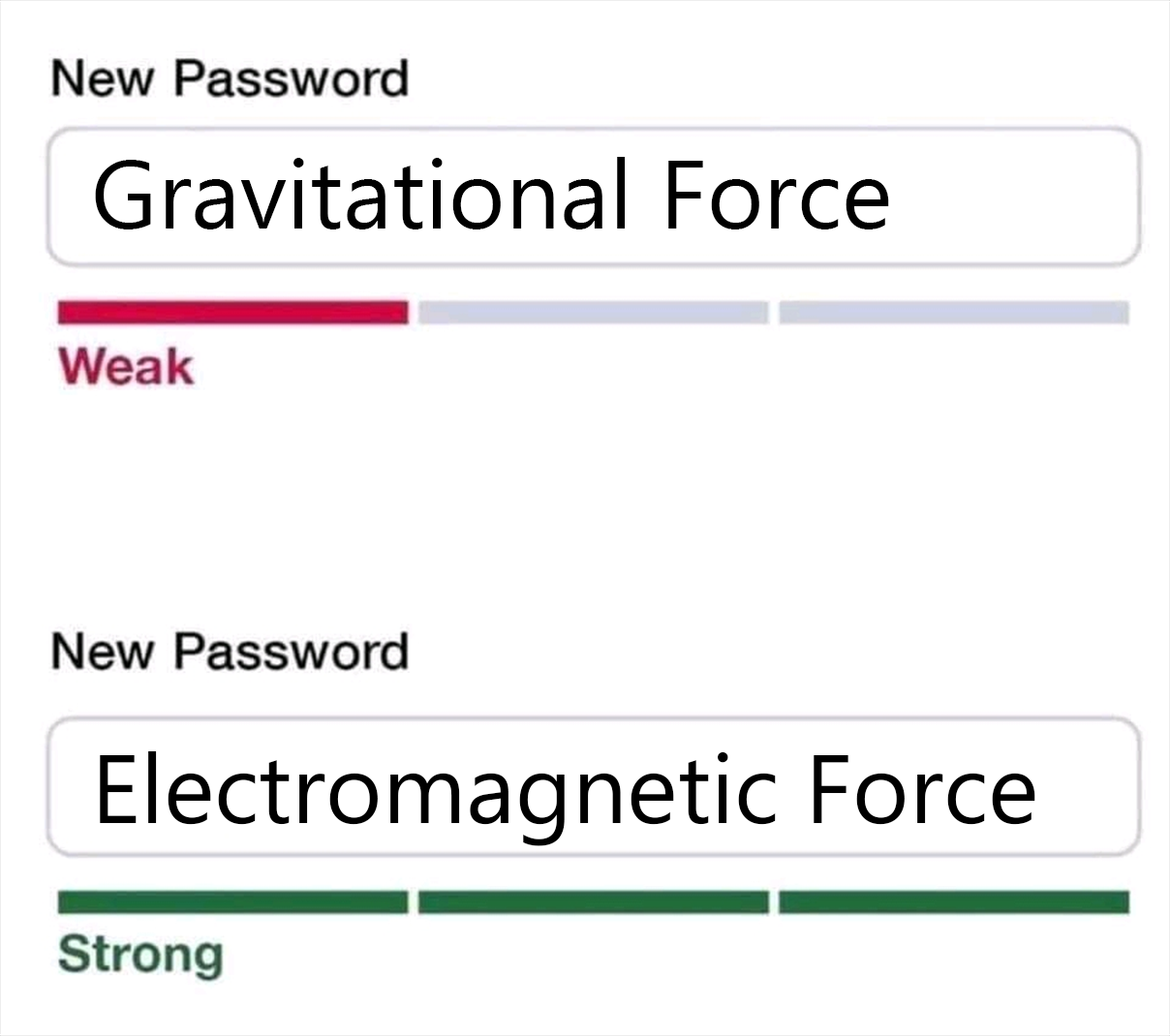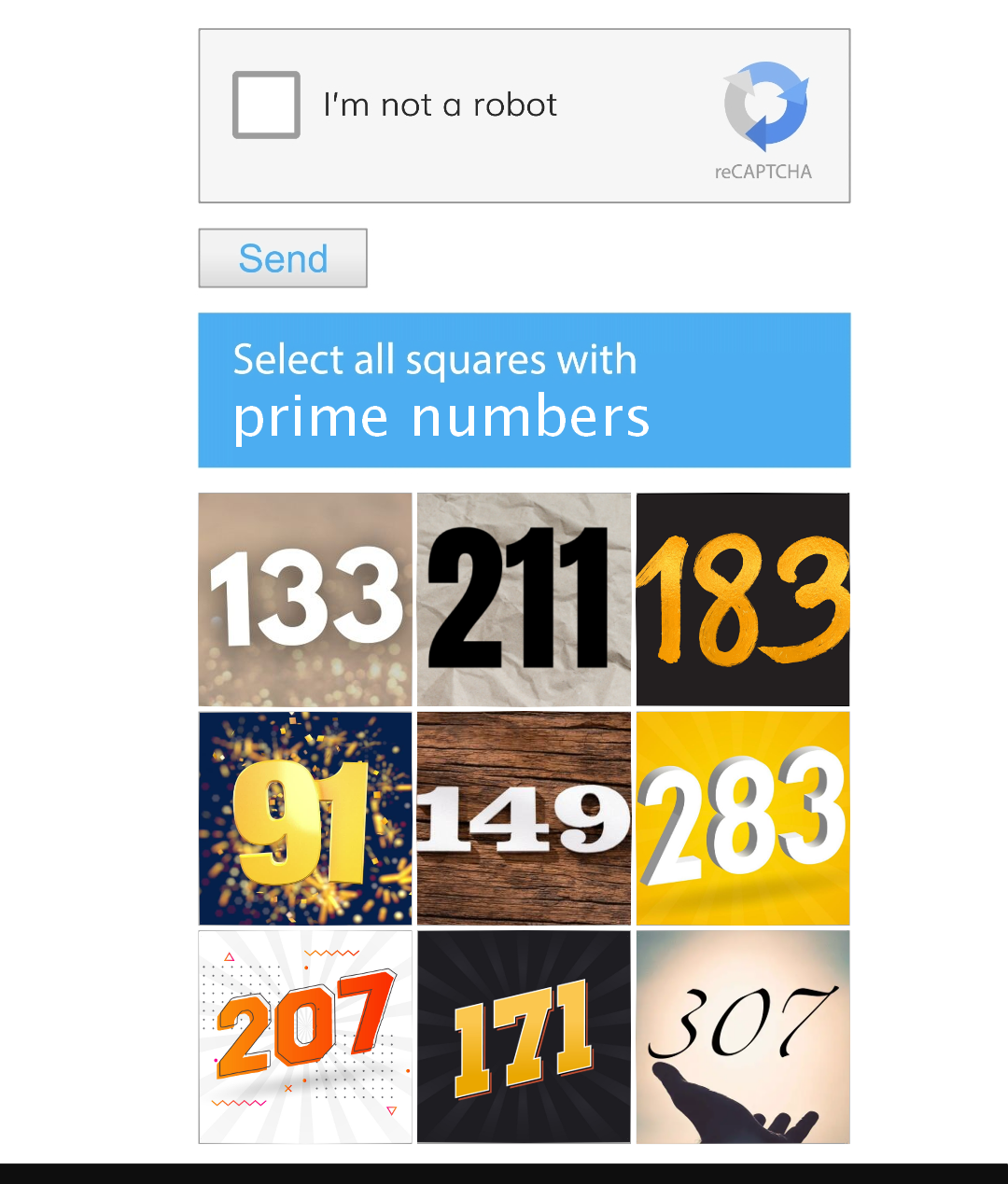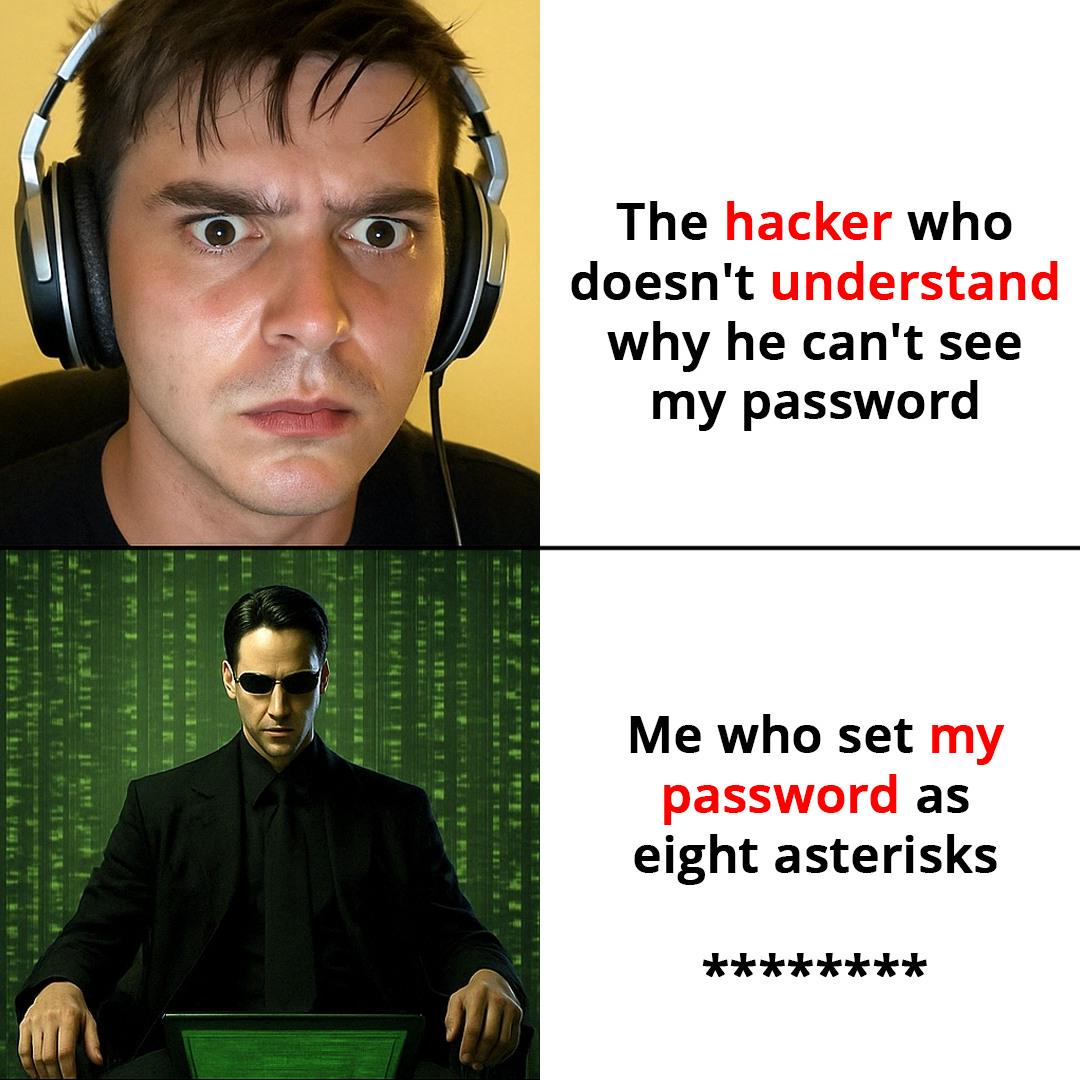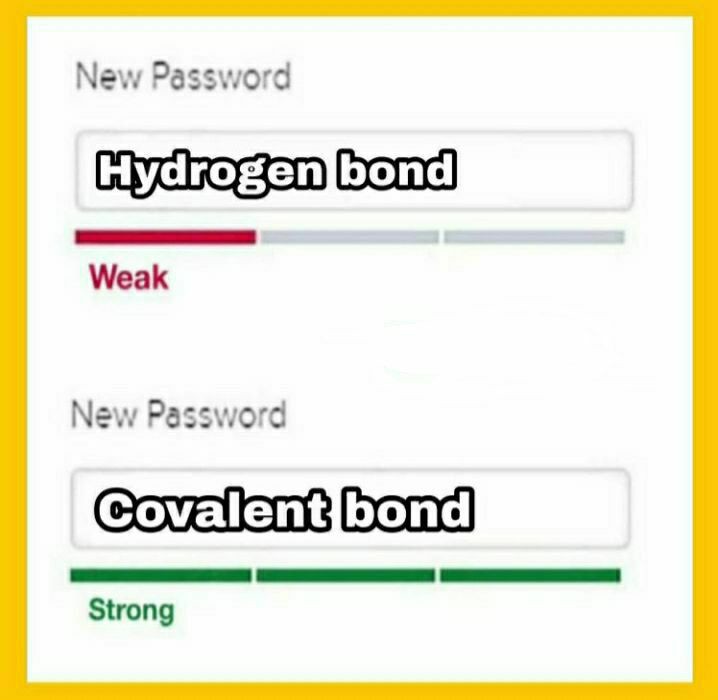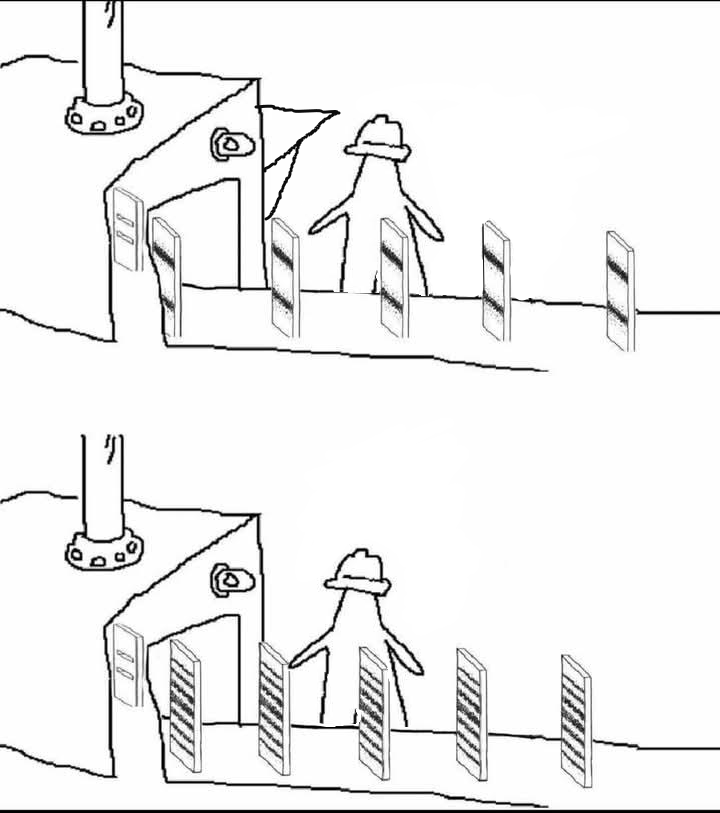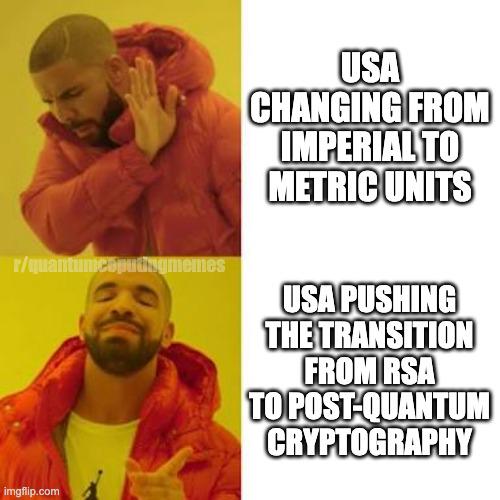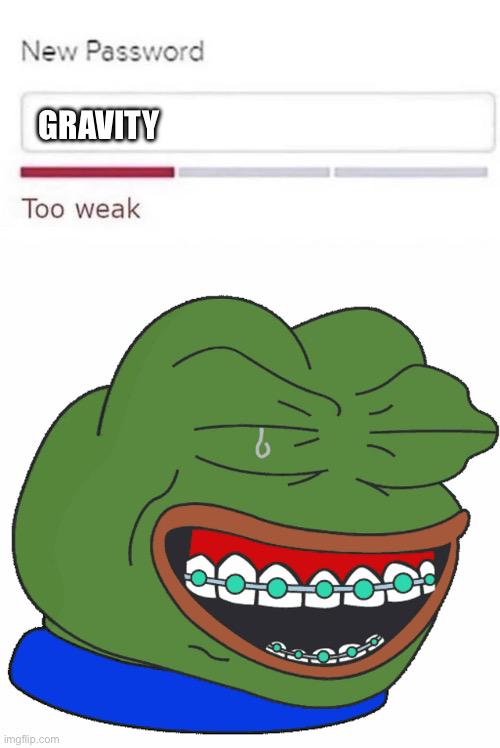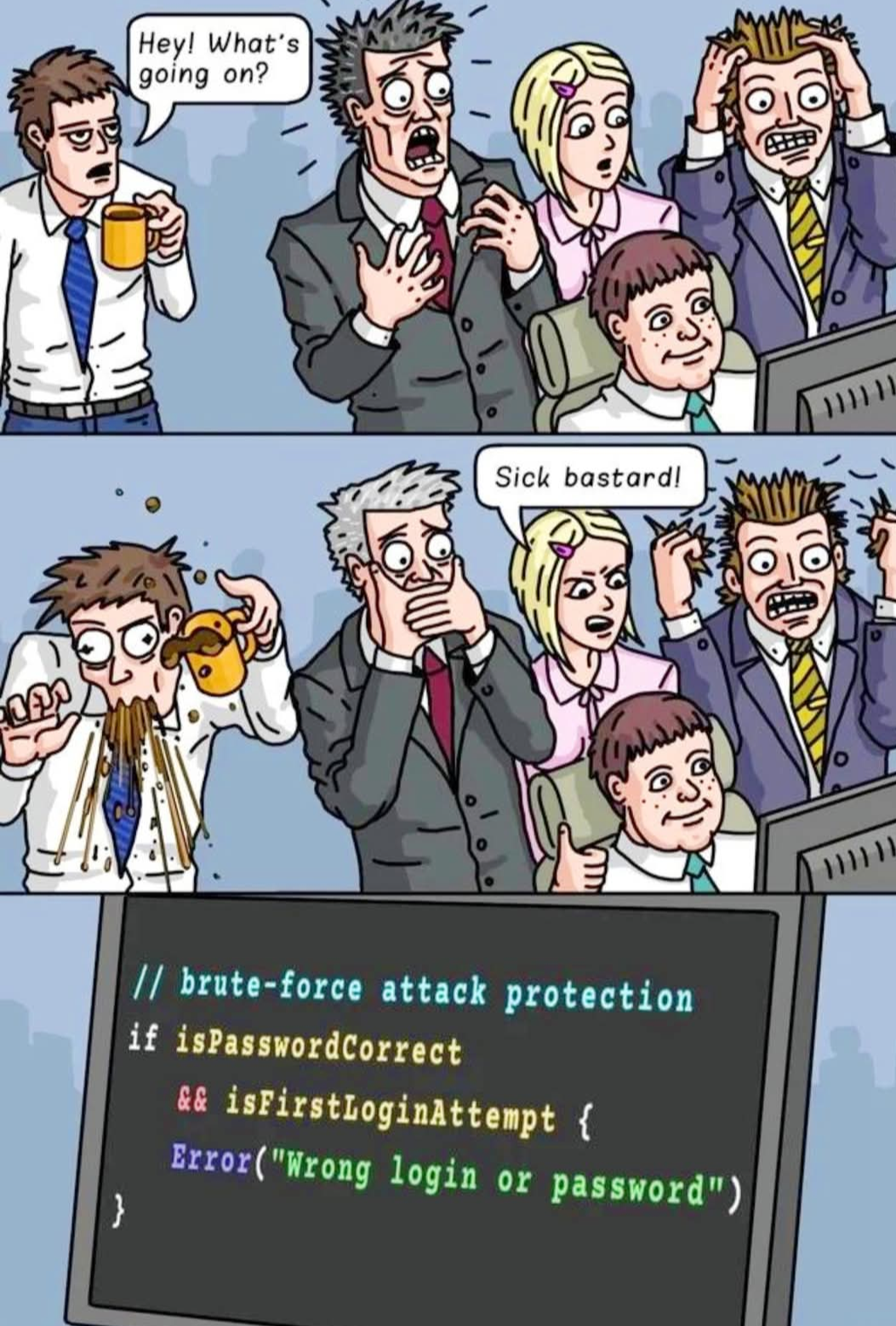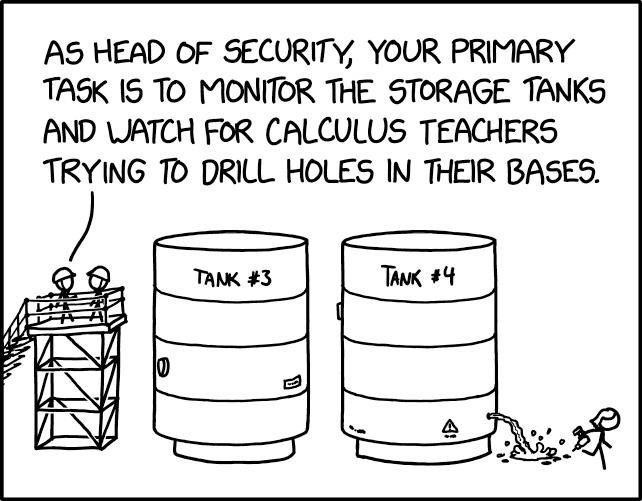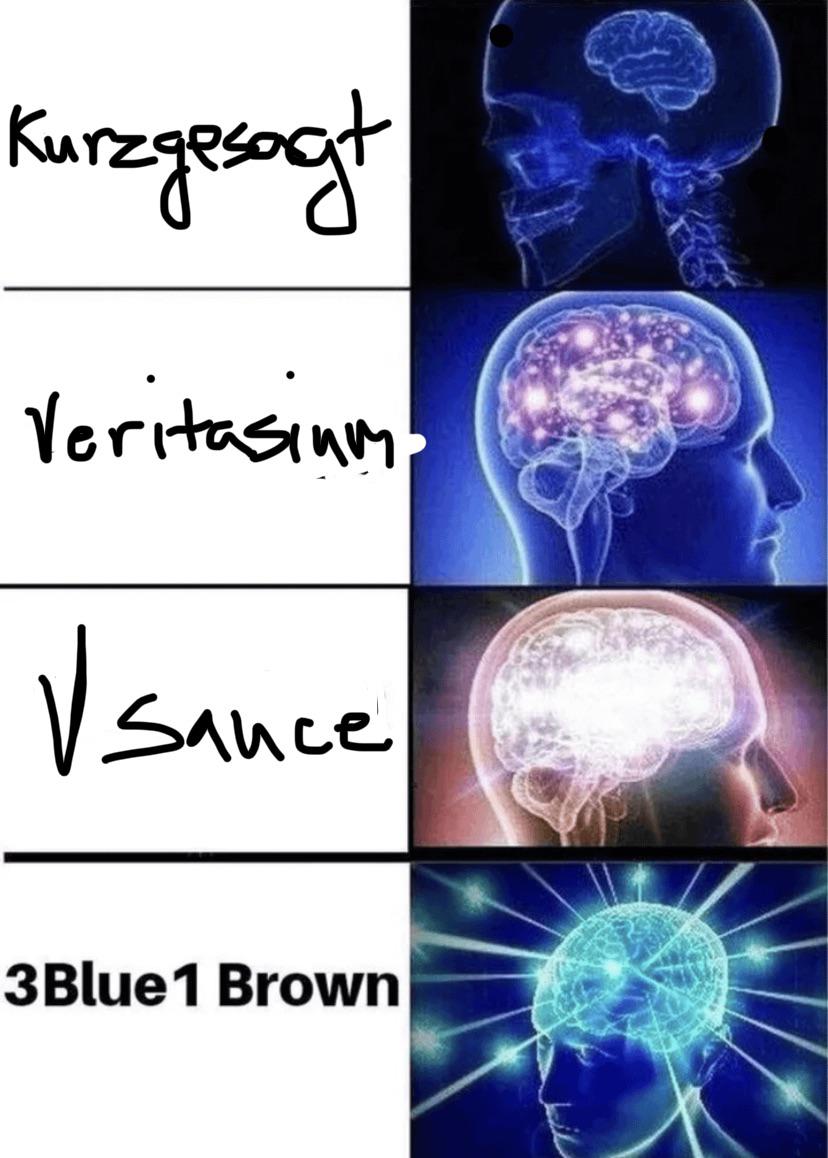Finally, a CAPTCHA that separates the mathematicians from the bots! Staring at this prime number verification test makes me wonder if Google is secretly recruiting for the NSA. "Select all squares with prime numbers" is basically asking "Did you waste your youth memorizing the first 500 primes instead of developing social skills?" The correct answers (211, 283, 307, 173, 149, 191, 83) would take a bot milliseconds to compute, but will leave humans questioning their life choices for several minutes. Next up: "Select all squares containing Fibonacci sequences that are also palindromes." Mathematics was never meant to be a security feature!


 Academia
Academia
 Ai
Ai
 Astronomy
Astronomy
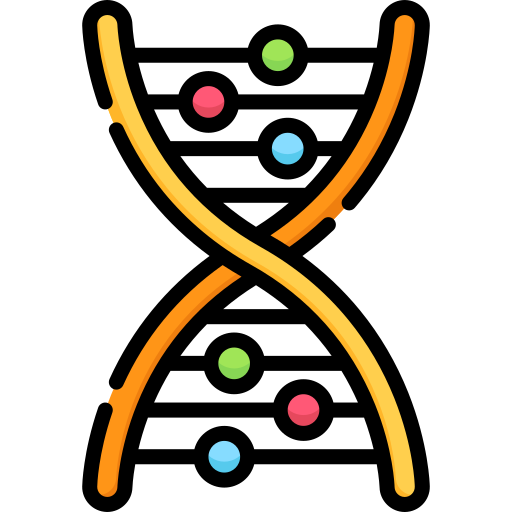 Biology
Biology
 Chemistry
Chemistry
 Climate
Climate
 Conspiracy
Conspiracy
 Earth-science
Earth-science
 Engineering
Engineering
 Evolution
Evolution
 Geology
Geology
